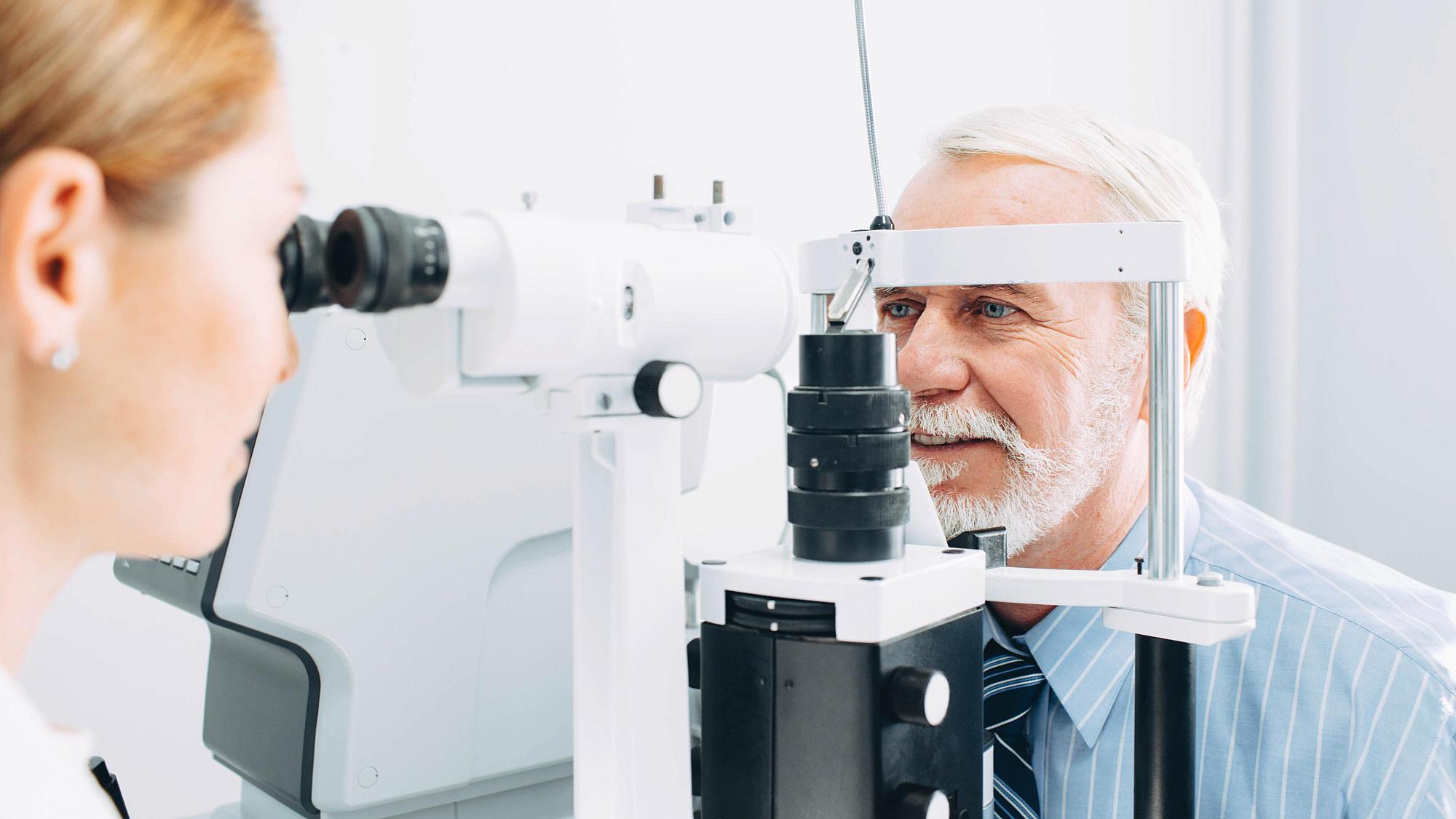
What Is Optometry?
An optometrist is a health care provider who manages your eye health, like a primary care doctor for your eyes. They evaluate, diagnose, and treat a range of eye conditions.
Optometrists conduct comprehensive eye exams and prescribe eyeglasses, contact lenses, and medications. They can evaluate and treat eye diseases, including referring you to other specialists as needed.
Optometrist vs. Ophthalmologist
Both optometrists and ophthalmologists are eye care specialists. Optometrists provide comprehensive primary eye care while ophthalmologists generally specialize in areas such as retinal disease, glaucoma, or cataract surgery. Together, our optometrists and ophthalmologists at Moran Eye Center provide world-class eye care for you and your family.
Why Choose John A. Moran Eye Center?
The Moran Eye Center is part of University of Utah Health. With 11 clinic locations across the Wasatch Front, you can find expert eye care in your neighborhood. If you’re looking for an eye exam from a highly trained optometrist, Moran has everything you need to improve your vision.
Our optometrists and American Board of Opticianry-certified opticians provide the highest level of optometry care. We offer:
- Contact lens trials prior to purchase
- FL-41 and Avulux tinted glasses for patients with light-sensitive conditions
- Unlimited, free lifetime adjustments, cleanings, and nose pad replacements for glasses purchased at any of our centers
- Personalized measurements to make sure you’re looking through the ideal spot in your lenses
- Price match guarantees on identical frame and lens combinations
- Reduced pricing using contact lens manufacturer rebate programs
- The highest quality materials and frames
Our extensive warranty covers a range of benefits.
- Frames: 1–2 years with a one-time replacement
- Lens: One year with a one-time replacement for scratches; two years with a one-time replacement for anti-reflective coating
- Prescription changes: One-time replacement within 180 days of purchase
- Refunds/exchanges: Frame restyle or exchange within 30 days of purchase; contact lens refund if unopened and in sellable condition
Find an Eye Doctor
Eye Care Services
Eye Conditions We Treat & Diagnose
Our optometrists treat a wide range of conditions affecting your eyes:
- Astigmatism
- Dry eye
- Early cataracts
- Eye complications of diabetes (including diabetic retinopathy)
- Eye infections
- Eye injuries
- Hyperopia (farsightedness)
- Glaucoma
- Keratoconus
- Macular degeneration
- Myopia (nearsightedness)
- Presbyopia
When to See an Optometrist
You should see an optometrist regularly for routine eye exams. Comprehensive eye exams increase your chances of finding eye diseases in early stages, when you may be able to cure them or slow their progression.
What to Expect During Your First Optometry Appointment
To prepare for your first optometry appointment, we’ll ask you to bring a few items:
- Current eyeglass or contacts prescription, if possible
- Insurance card
- Photo identification
An eye technician will perform a series of tests that check your eye health. Your optometrist will then review these tests and examine your eyes. They may also re-check or re-perform some of the tests, if needed. You can expect your appointment to last around 30-60 minutes.
You’ll need to be prepared to get your pupils dilated during your appointment. We will put eye drops in your eyes to make your pupils bigger. Pupil dilation helps us evaluate your eye health. The dilation drops last for 5–6 hours. You may not be able to drive afterward, so you’ll need to arrange for someone to drive you home or take public transportation. You can drive yourself home if your optometrist doesn’t dilate your pupils.
Your eyes should be dilated every year if you have diabetes or take medication with eye side effects.
How Often Should You Get Your Eyes Checked?
How often you should get your eyes checked varies based on your age and health history.
- Children should have their first comprehensive eye exam before age three, then yearly while in school.
- Adults 20–39 should get comprehensive eye exams every 1–2 years, depending on their health history and whether they experience vision changes.
- Adults 40–64 should get yearly eye exams.
- Adults 65 and older should get yearly eye exams with pupil dilation.
Eye Exam Cost and Insurance Coverage
The cost of an eye exam varies depending on your insurance coverage. Your insurance may cover a comprehensive eye exam if you have a medical eye problem. These problems can include cataracts, diabetic retinopathy, double vision, or a corneal disorder.
Some insurance plans, including Medicare, don’t cover routine eye exams if you don’t have any medical eye problems. Our team can help you understand your insurance coverage and out-of-pocket costs before your appointment.
Schedule an Appointment
You don’t need a referral to schedule an appointment with an optometrist. Call 801-581-2352 or schedule an appointment online.
Resources
What to Expect During an Eye Exam
A routine (or comprehensive) exam uses a wide range of tests and procedures to evaluate your vision and the health of your eyes.
Should You Get Your Eyes Dilated?
A thorough, dilated exam lets your ophthalmologist or optometrist do a complete exam of the retina. This is important to do throughout your life because several eye diseases and conditions are detected at their earliest stages during a thorough eye exam.
Hear From Our Specialists
How Inversions Affect Your Eyes and How to Protect Them
Breathe easy—and see clearly. Learn how winter inversions can quietly wreak havoc on your eyes and discover simple, expert‑backed steps to protect them all season long.
LASIK vs. the Cost of Glasses and Contacts: A Smart Investment in Your Vision
Discover why LASIK isn’t just a vision‑correcting procedure—it’s a long-term investment that can actually save you money compared to years of glasses and contacts.





